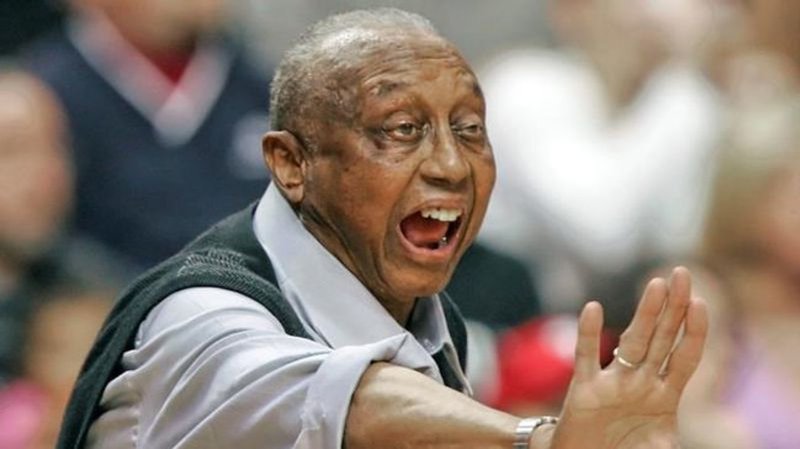
John Chaney, 89, Temple’s commanding basketball coach, dies
PHILADELPHIA — John Chaney, one of the nation’s leading Black coaches and a commanding figure during a Hall of Fame basketball career at Temple, died Friday. He was 89.
The university said he died after a short, unspecified illness. He celebrated his birthday last week.
Chaney led Temple to 17 NCAA Tournament appearances over 24 seasons, including five NCAA regional finals. Chaney had 741 wins as a college coach. He was twice named national coach of the year and his teams at Temple won six Atlantic 10 conference titles.
He became a de facto father to dozens of his players, many coming to Temple from broken homes, violent upbringings and bad schools. He often said his biggest goal was simply to give poor kids a chance to get an education.


